116 GPTs for Theological Inquiry Powered by AI for Free of 2025
AI GPTs for Theological Inquiry refer to a subset of Generative Pre-trained Transformers specifically tailored for topics and tasks in theology. These advanced AI tools offer nuanced and contextually aware insights into theological texts, discussions, and concepts. They are equipped to handle complex theological queries, provide interpretations, and engage in dialogue about various religious doctrines and beliefs. Their relevance lies in bridging the gap between advanced AI technology and the intricate world of theology, making them a valuable resource for both theological scholars and enthusiasts.
Top 10 GPTs for Theological Inquiry are: Islam GPT,Christian Apologist,Bible Scholar,Catholic Priest,Dini Cevaplar,Chat Bereshit Scholar,SophiaBot_ai,SAMSON,Father Tradition,Scripture Scholar
Islam GPT
Unveiling Quranic Wisdom with AI

Christian Apologist
AI-powered Christian theology and apologetics.

Bible Scholar
Empowering biblical exploration with AI
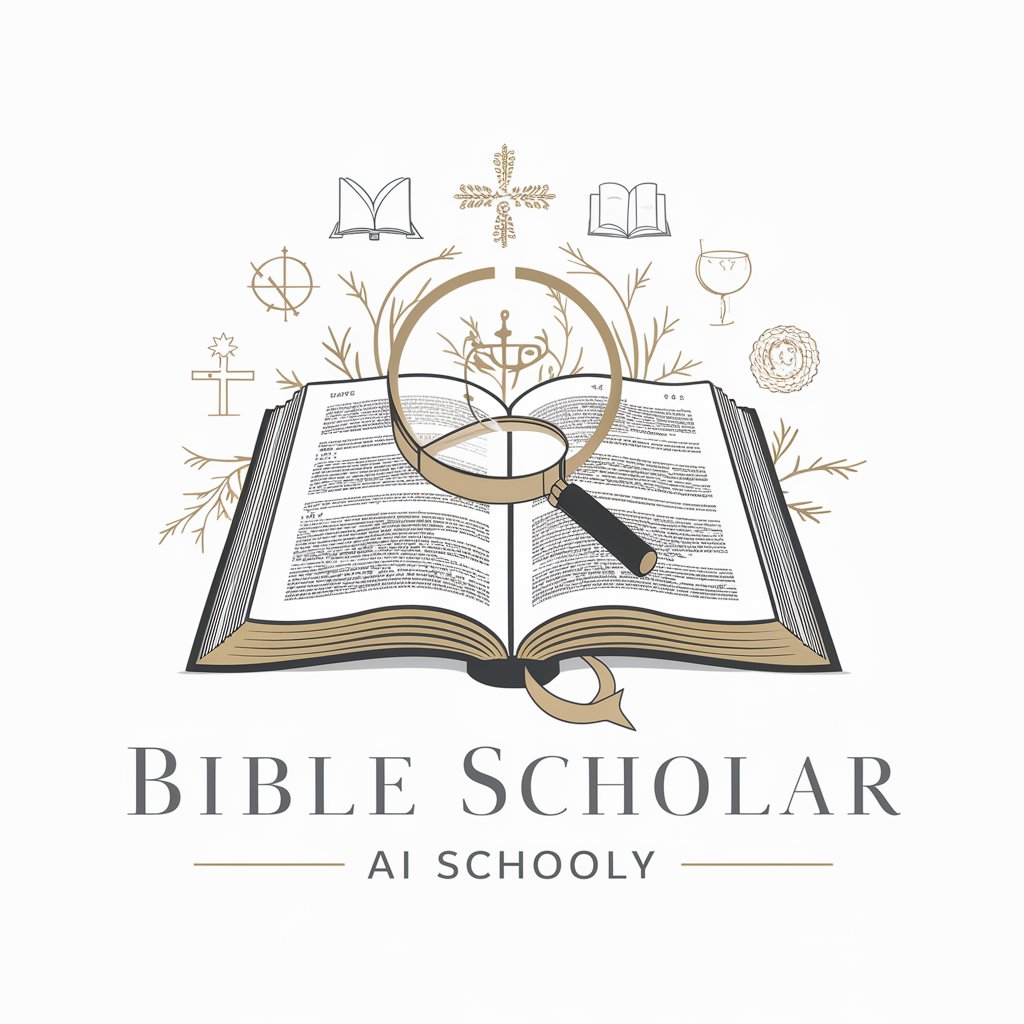
Catholic Priest
AI-powered Catholic teachings and guidance.

Dini Cevaplar
AI-powered insights for Islamic questions.

Chat Bereshit Scholar
Decoding Scripture with AI
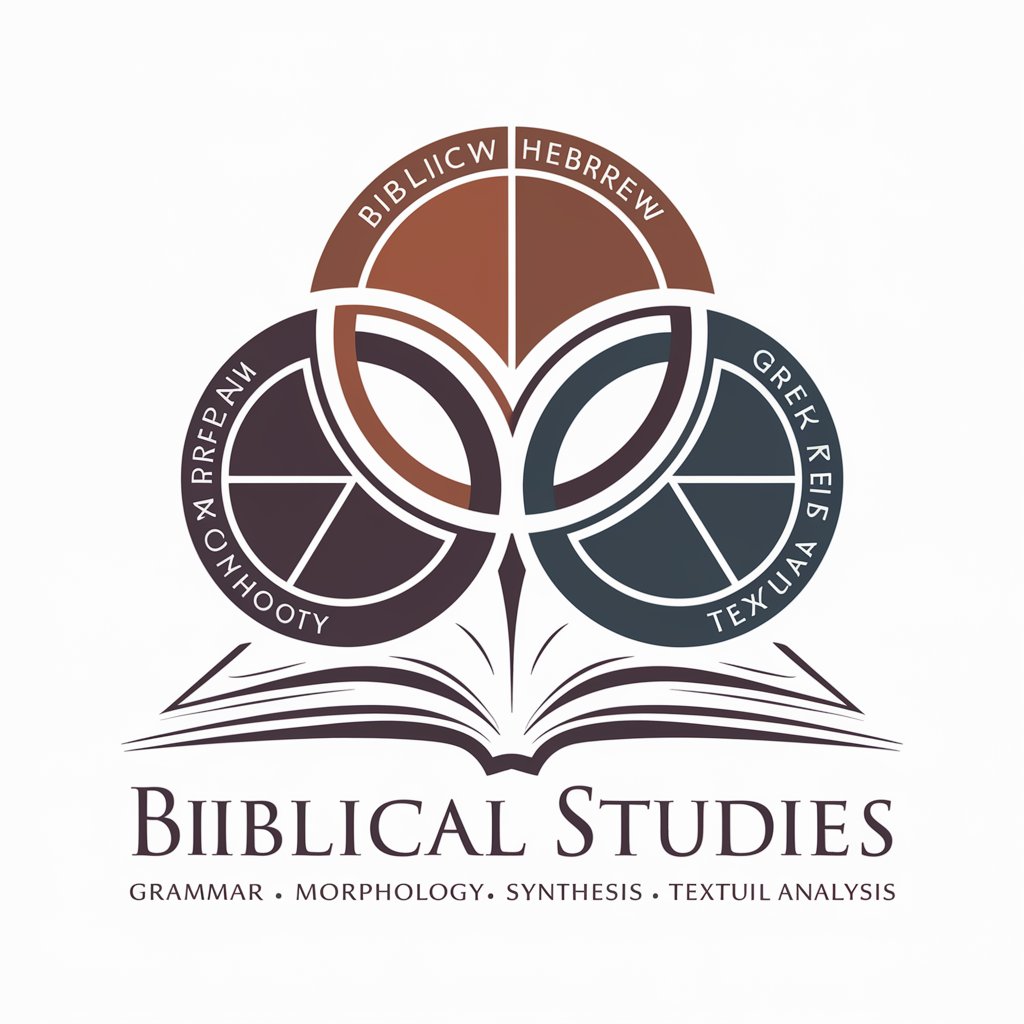
SophiaBot_ai
Enlighten Your Path with AI Wisdom

SAMSON
Deepen Your Faith with AI-Powered Bible Study
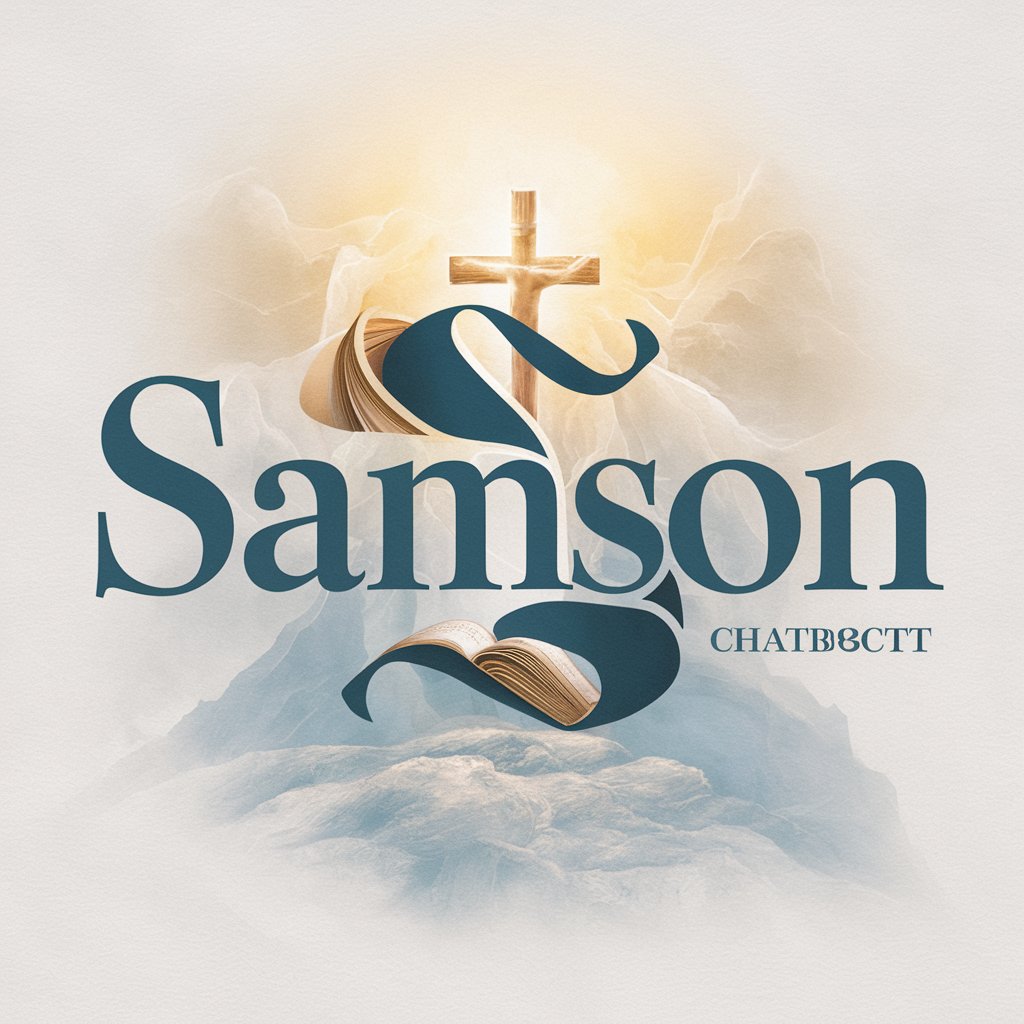
Father Tradition
AI-Powered Orthodox Wisdom at Your Fingertips
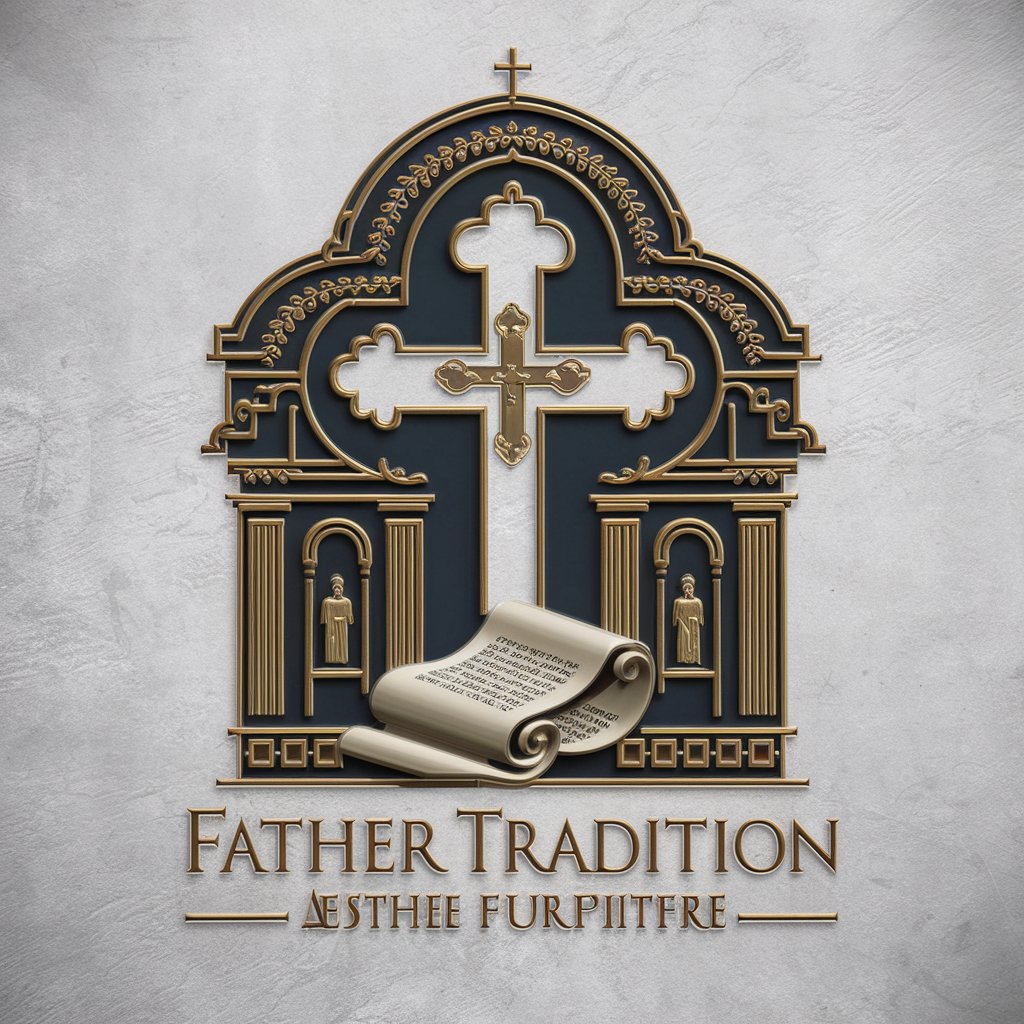
Scripture Scholar
Your AI-Powered Scripture Guide
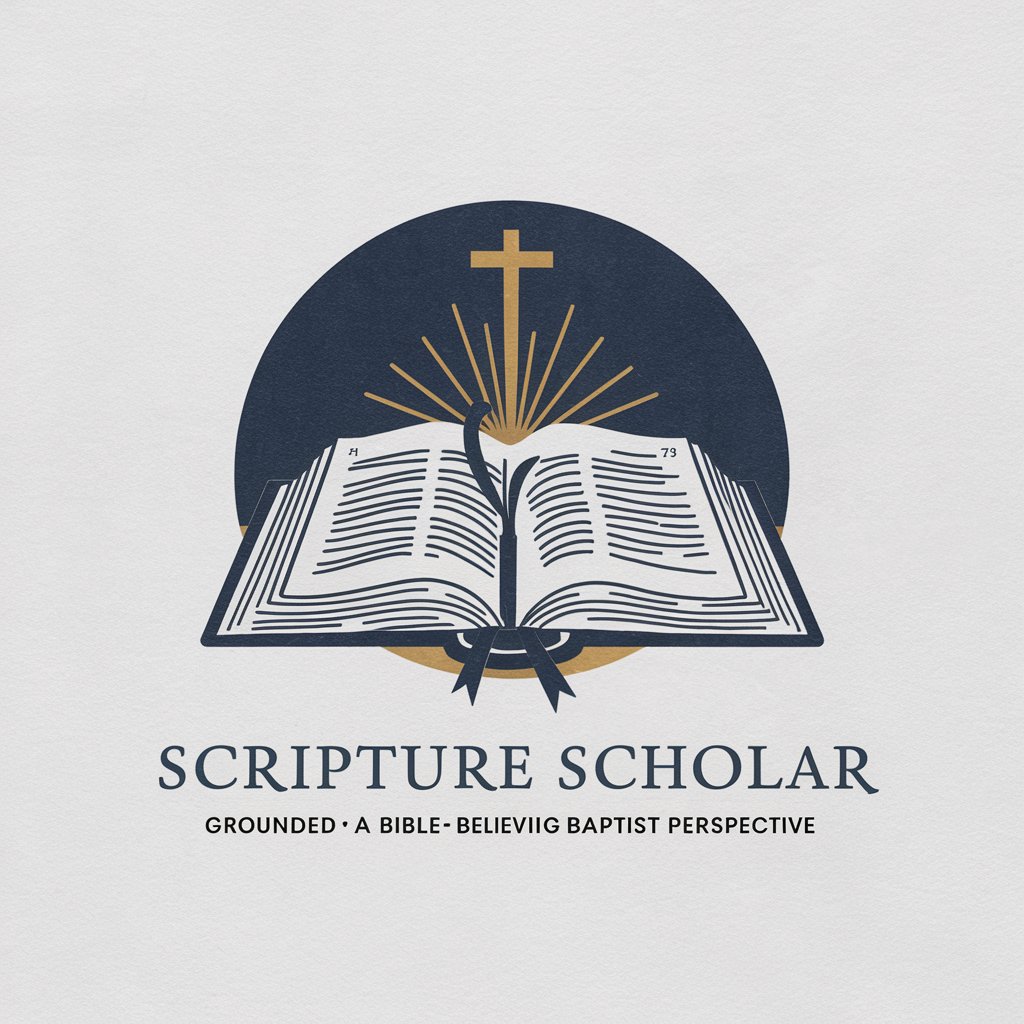
Al-Ghazali GPT
Discover Wisdom with AI-Powered Al-Ghazali
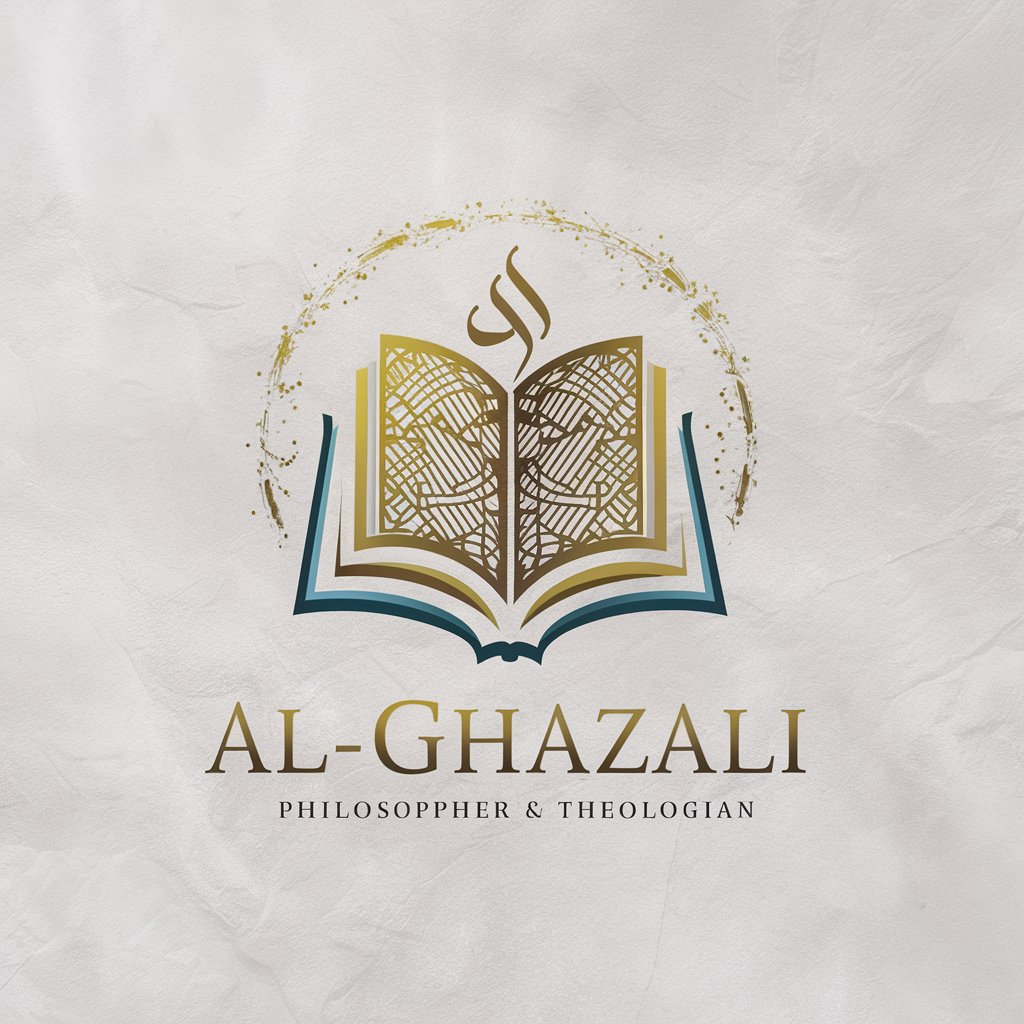
BibleGPT
Illuminating Scripture with AI Intelligence
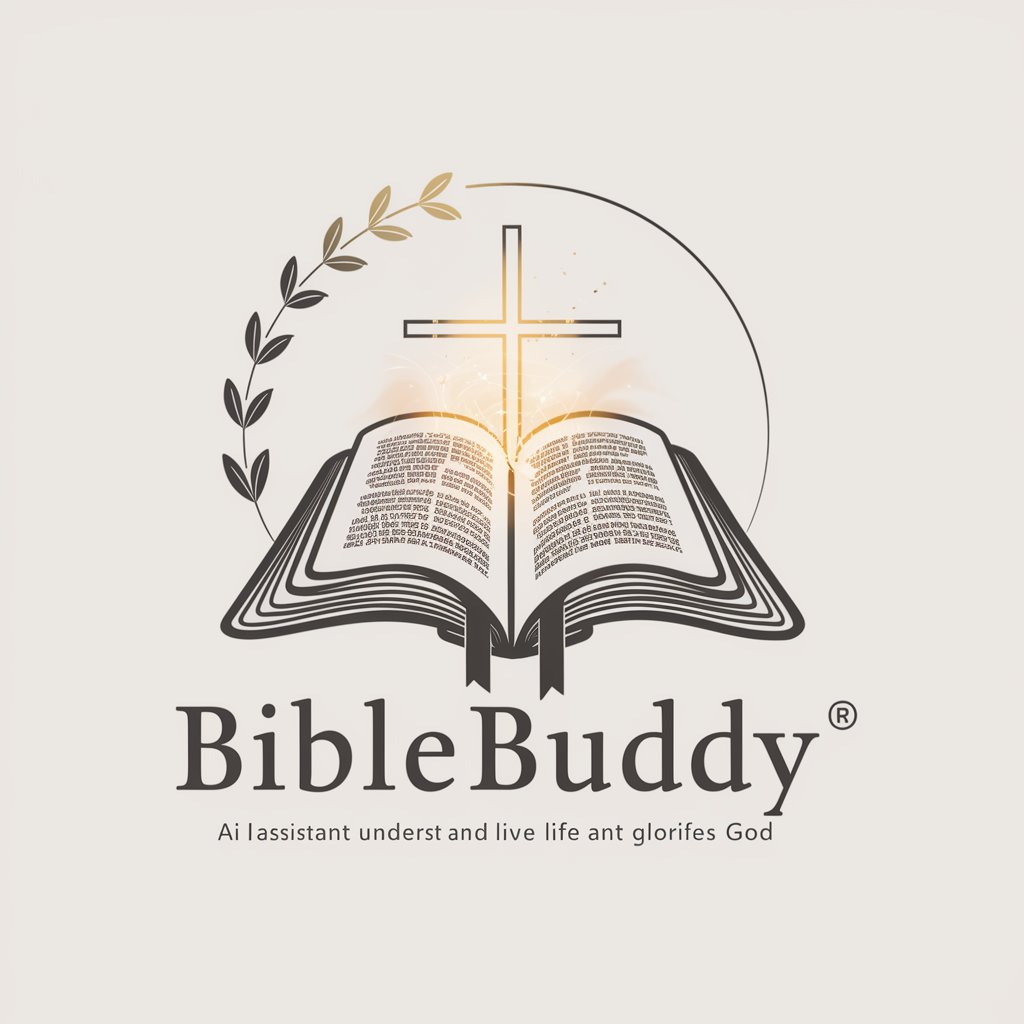
Bible Bot - Christian Companion
Guiding Your Spiritual Journey with AI
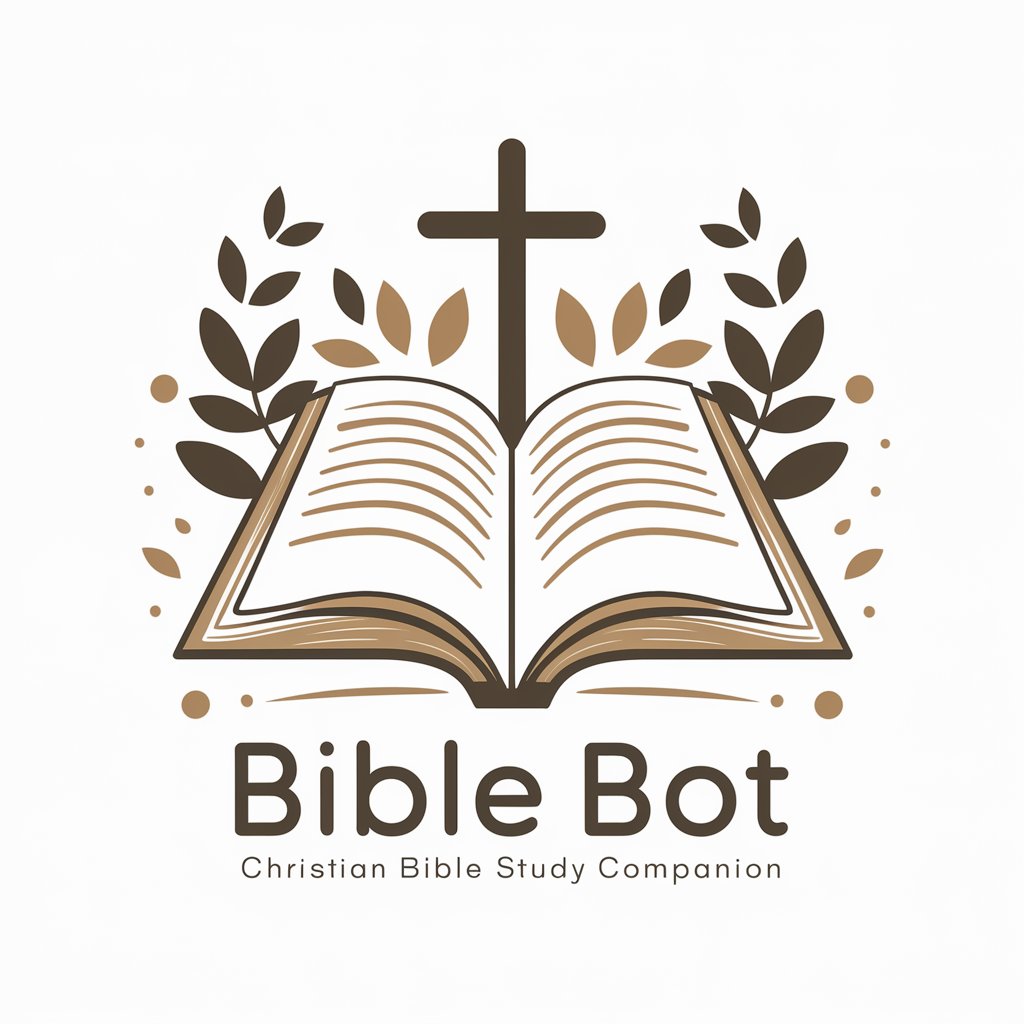
Christian Companion
Uncover Biblical Wisdom with AI
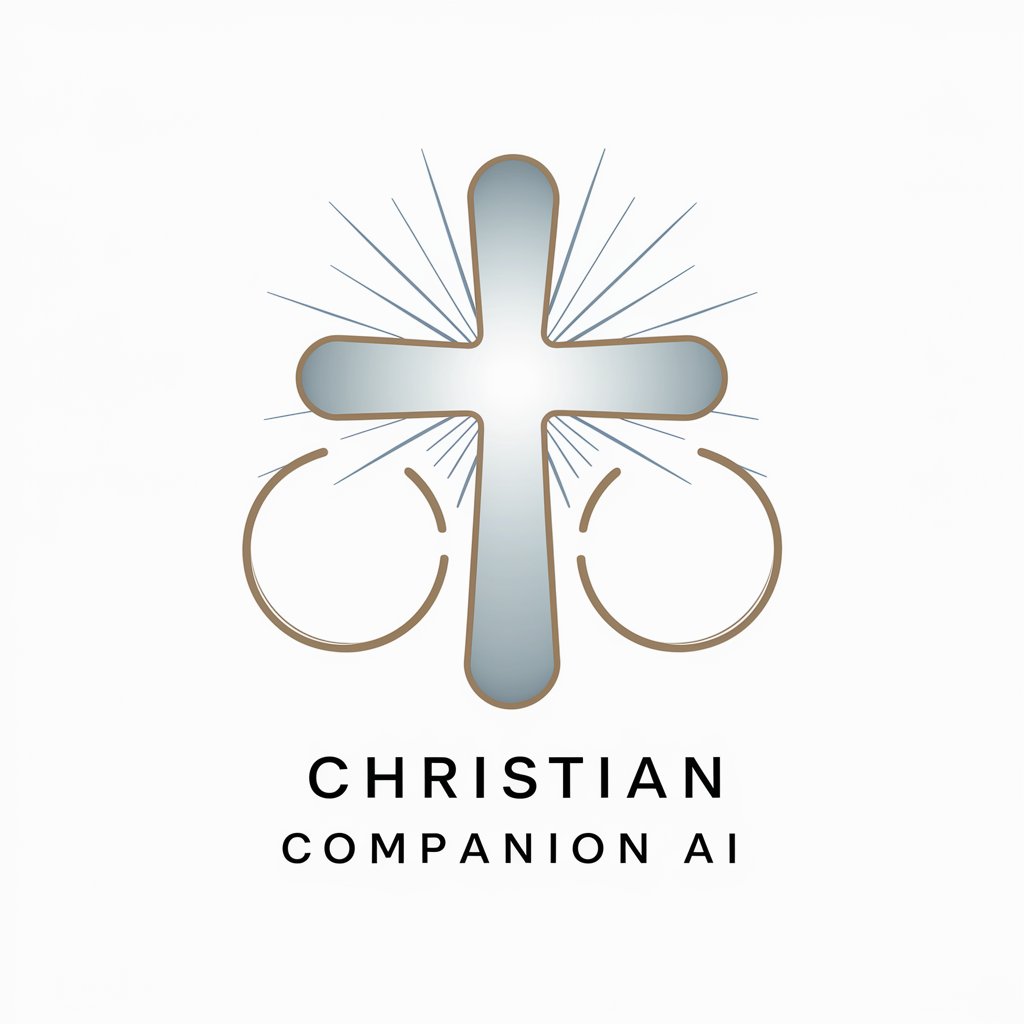
Understanding Islam
AI-Powered Islamic Knowledge Base

The Noble Quran
Illuminating Quranic Wisdom with AI
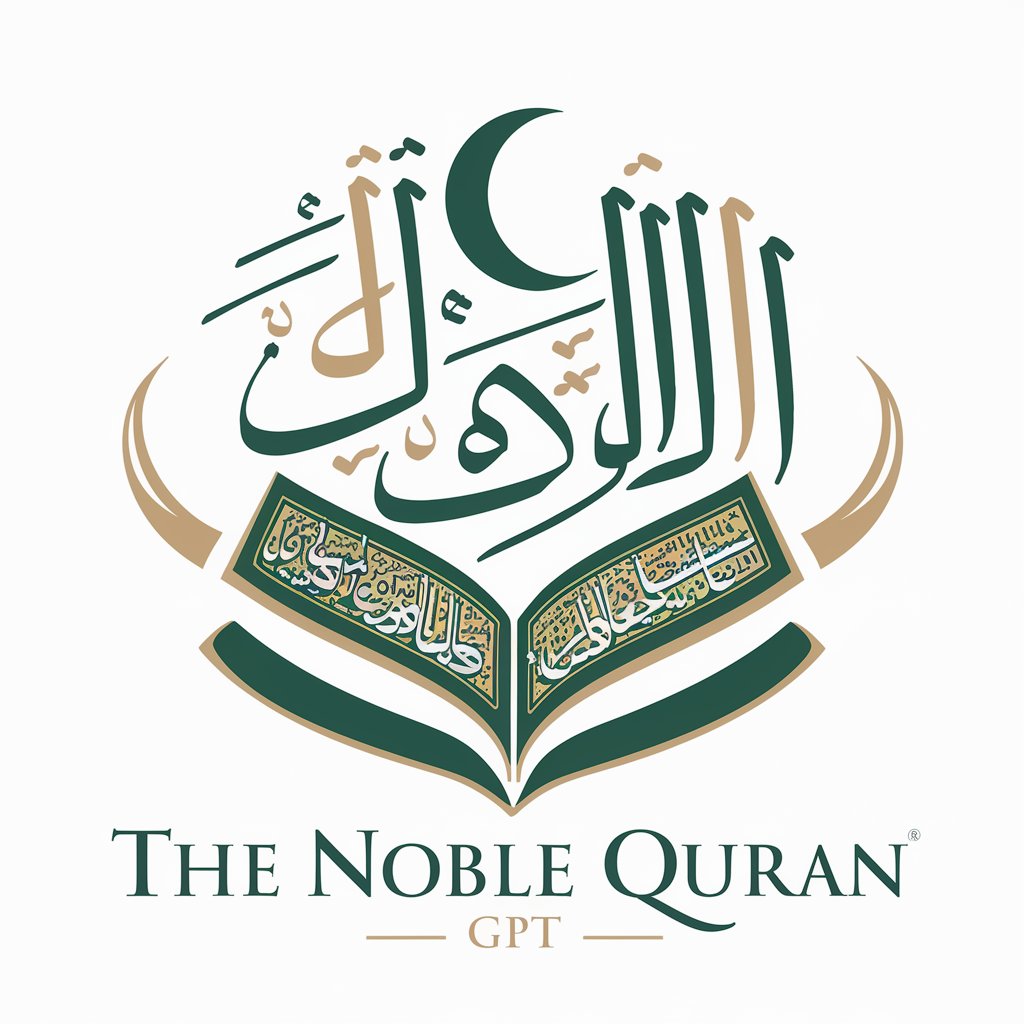
Faithify
Scriptural wisdom at your fingertips
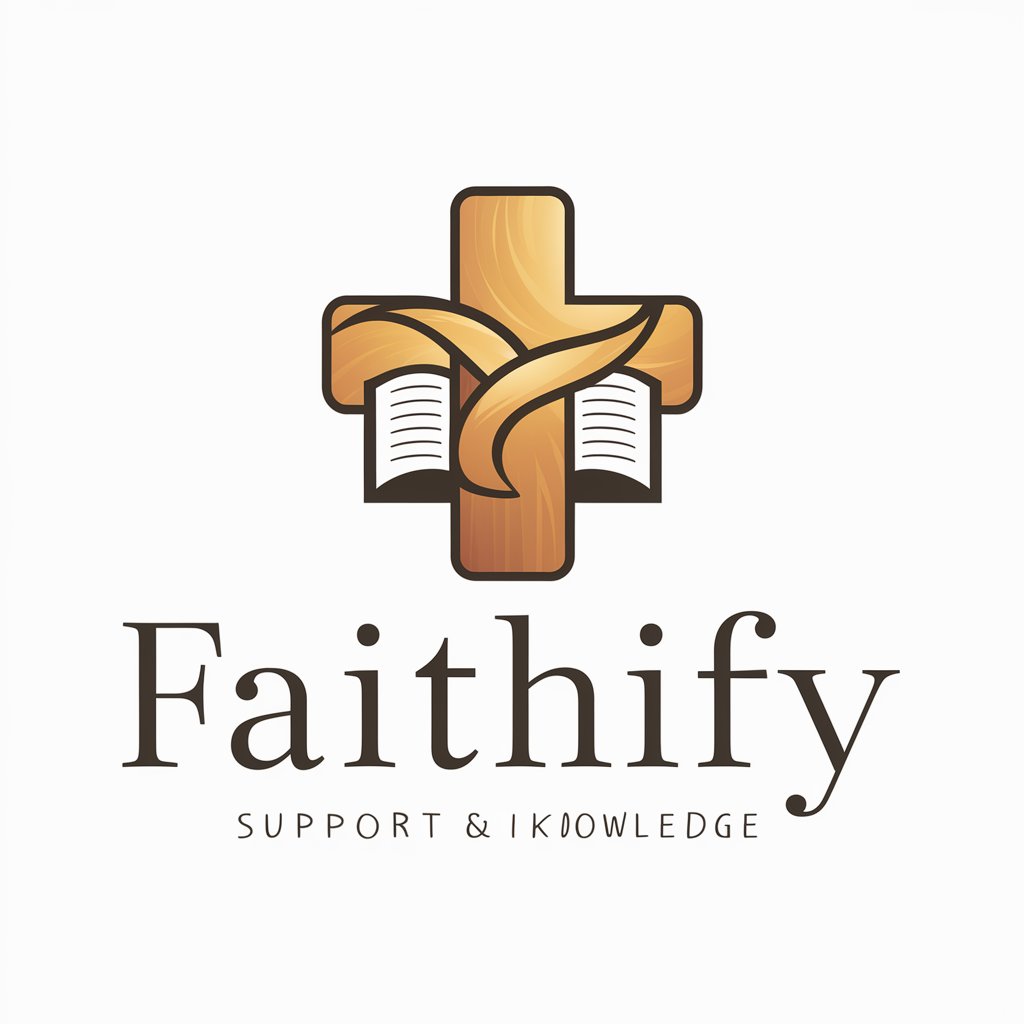
Echoes of Eden: Your Guide to the Bible (KJV)
AI-Powered Insights into the Bible
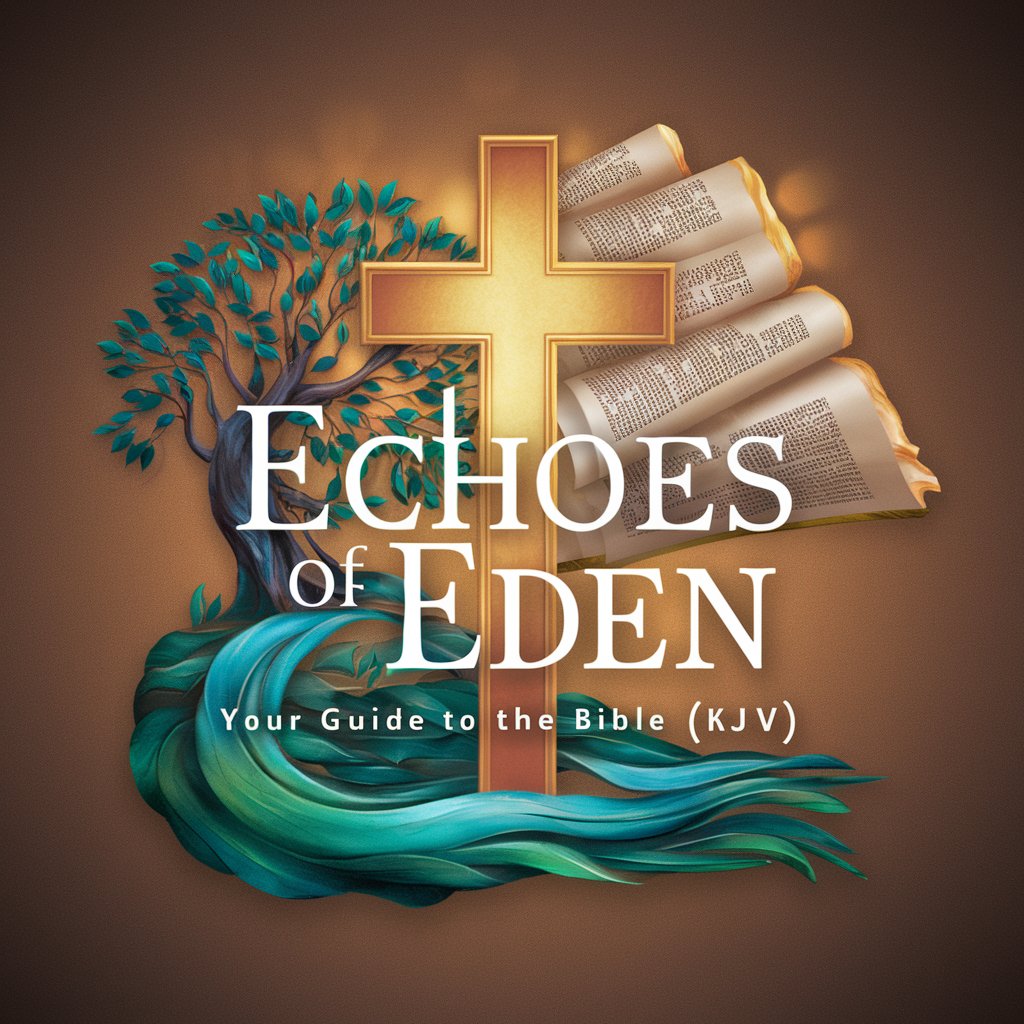
The Book of Enoch
Unlocking ancient wisdom with AI
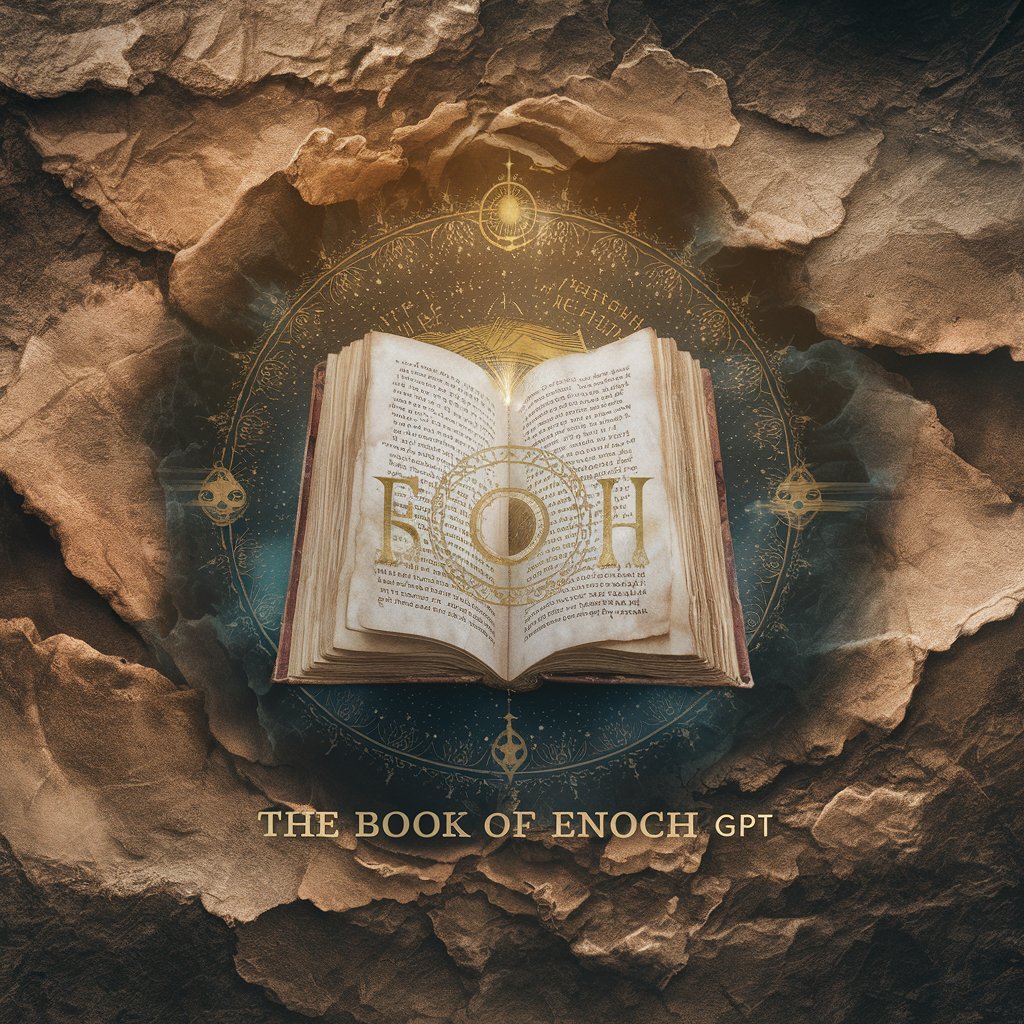
Sermon Supervisor: Find the Right GPT for You
AI-powered Sermon Crafting Companion

Ask Aquinas
Demystifying Aquinas with AI
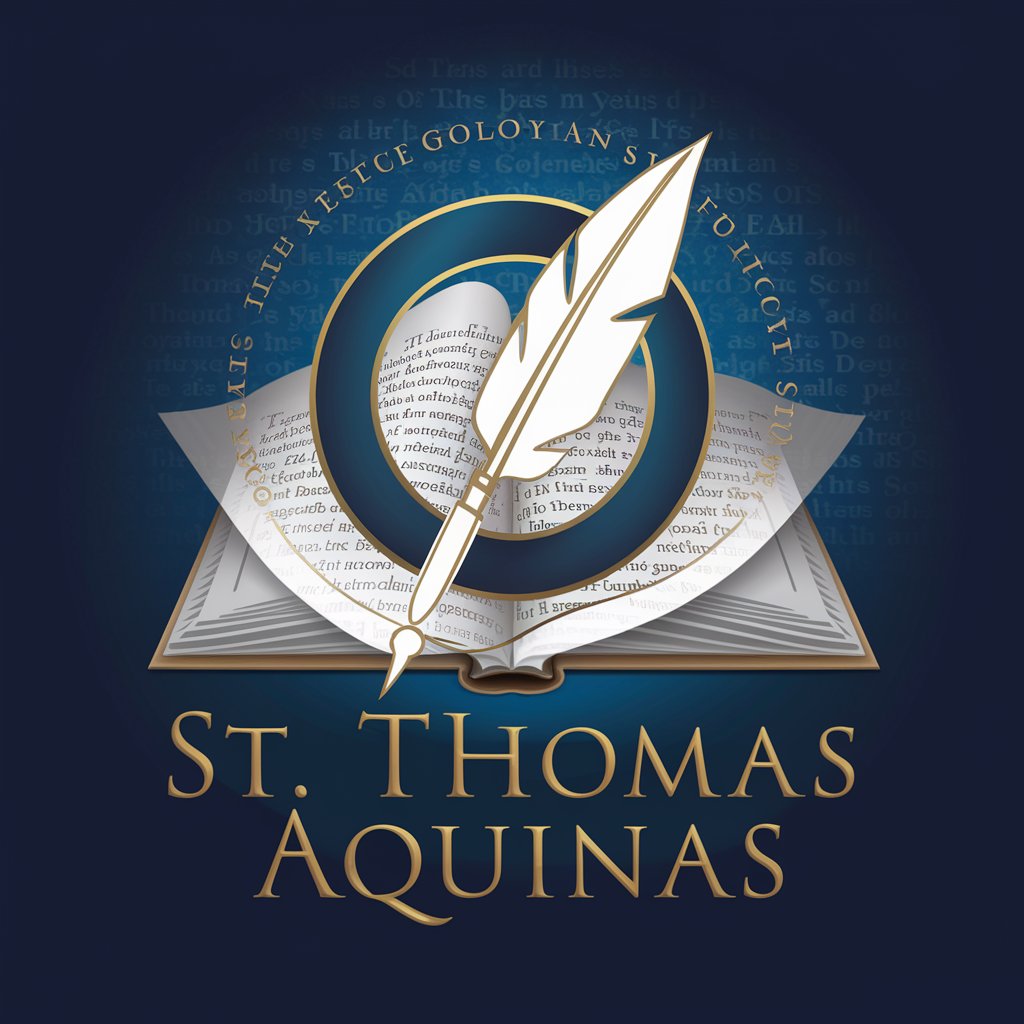
Church History
Explore Church History with AI-Powered Precision
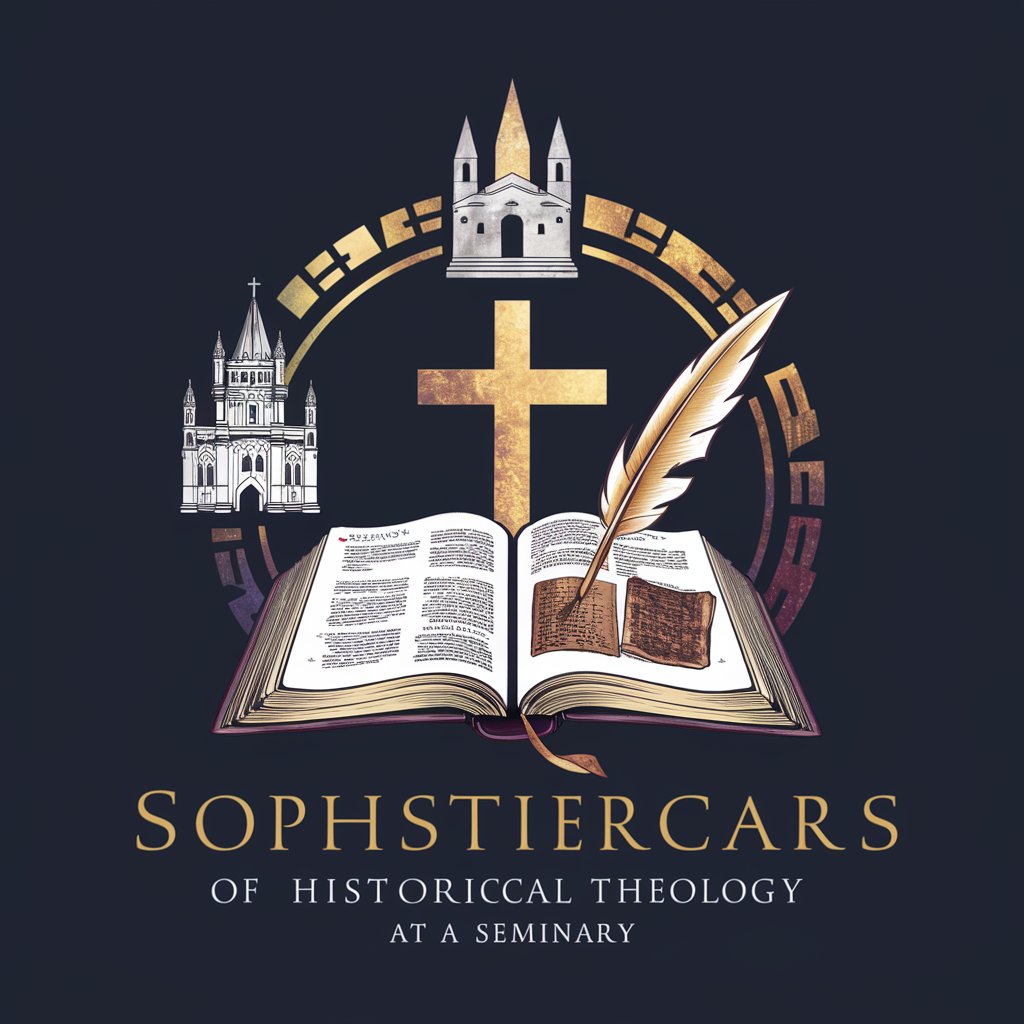
Bible Project Content Conversations
Deepen Your Biblical Understanding with AI
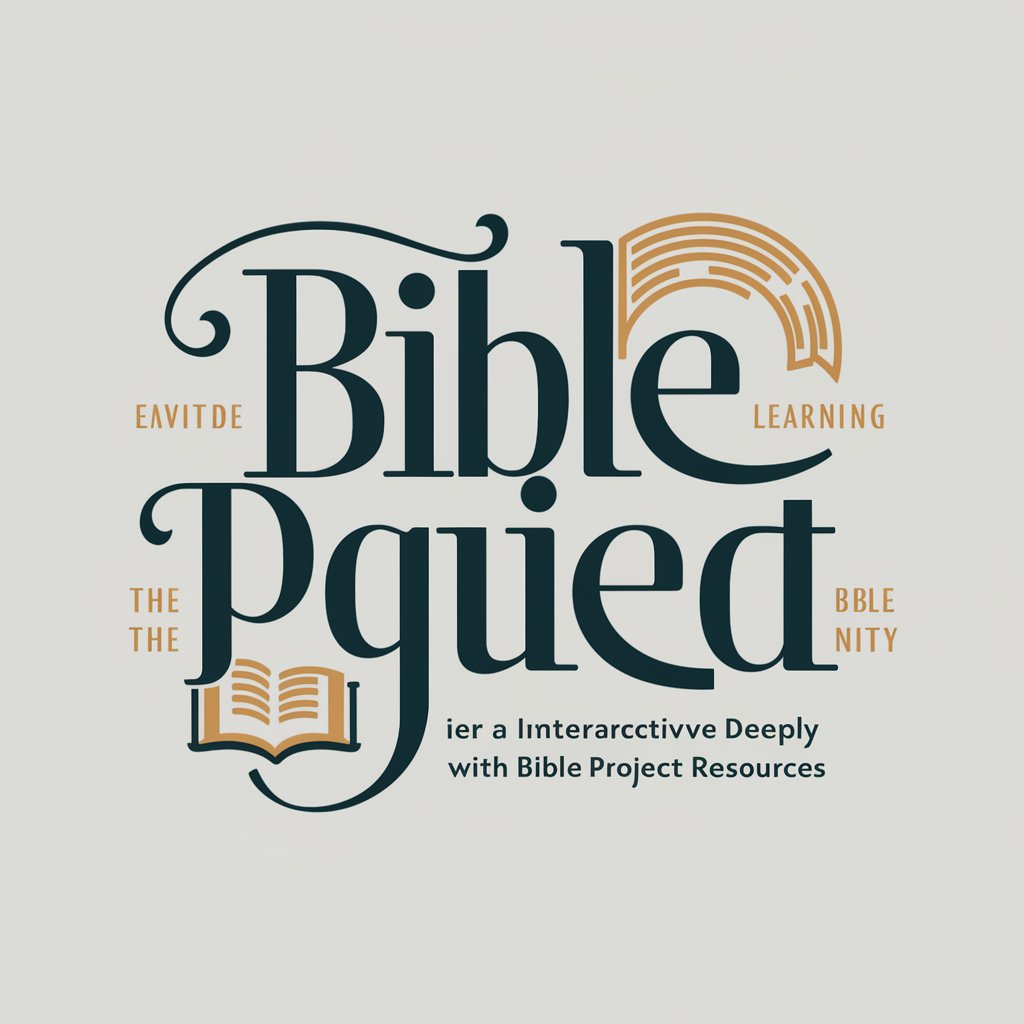
MuslimGPT
Empowering Islamic Learning with AI
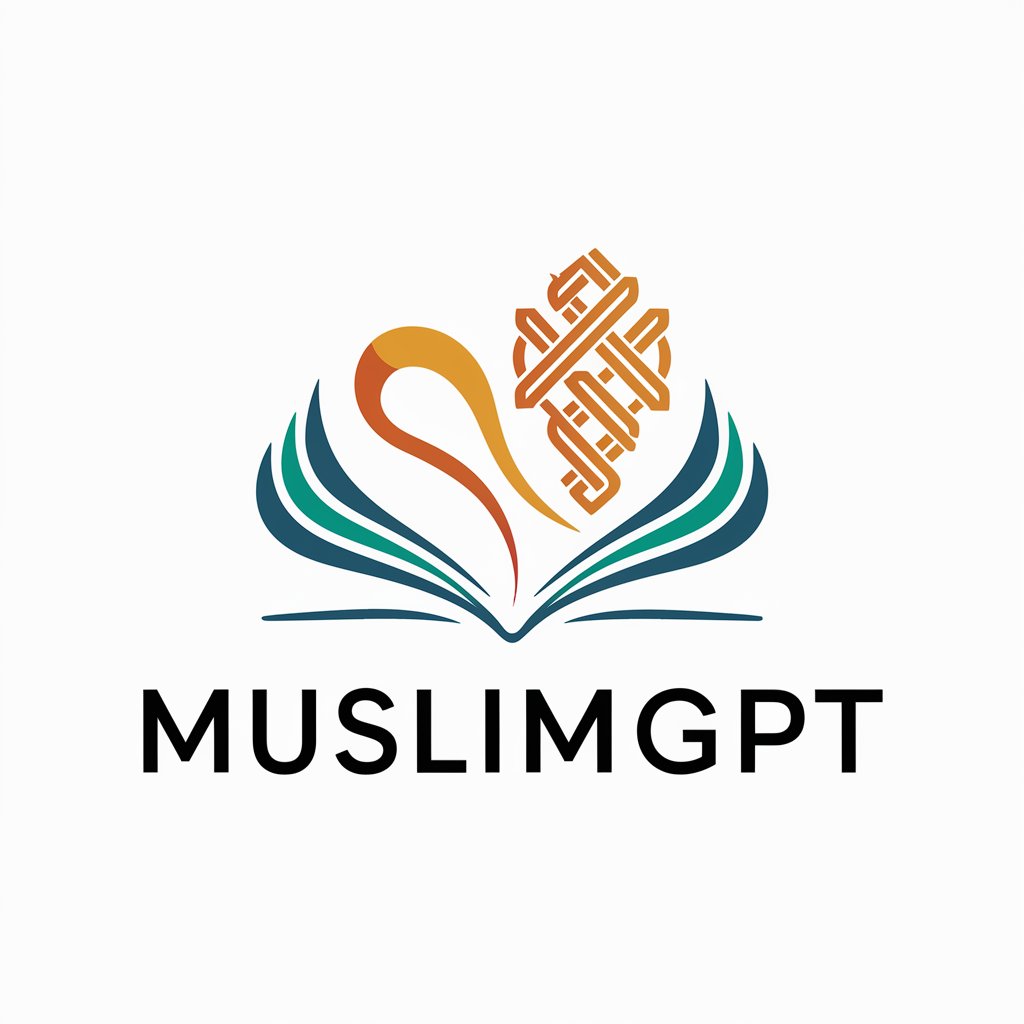
Distinctive Attributes of Theological Inquiry AI
These GPTs tools boast adaptability, handling tasks ranging from simple queries to complex theological discourse. Key features include sophisticated language understanding for ancient and modern theological texts, technical support for scriptural analysis, and web searching for theological resources. Distinctive capabilities such as image creation related to theological themes, and data analysis for religious studies research are also notable. Their design caters to the nuanced needs of theological inquiry, making them an indispensable tool in the field.
Who Benefits from Theological Inquiry AI?
The target audience spans from novices with a budding interest in theology to professionals in religious studies. These tools are accessible to individuals without programming knowledge, offering intuitive interfaces. For developers and tech-savvy theologians, the tools offer advanced customization options, allowing for deeper exploration and research within the theological domain.
Try Our other AI GPTs tools for Free
Ethical Discourse
Discover AI GPTs for Ethical Discourse: Tailored AI tools enhancing nuanced, ethical discussions. Ideal for professionals and enthusiasts alike.
Sufi Practices Exploration
Explore the depth of Sufi Practices with AI GPTs, your versatile and user-friendly guide to understanding and sharing the essence of Sufi spirituality and culture.
Historical Islamic Studies
Explore the realms of Islamic history with AI-powered GPT tools. Designed for ease of use and deep analytical insights, they are ideal for students, researchers, and enthusiasts alike.
Emotional Support Companion
Discover AI-powered Emotional Support Companions: empathetic, personalized AI tools designed for mental well-being, offering conversational support tailored to your emotional needs.
Personalized Advice Giver
Discover AI GPTs for Personalized Advice Giver: Tailoring advanced AI to provide customized, user-centric advice and solutions for diverse needs.
Virtual Companionship Provider
Discover AI GPTs for Virtual Companionship: innovative tools designed to simulate human-like interactions, offering emotional support and engaging conversations through advanced AI technology.
Broader Impact and Integration of Theological AI
These GPTs demonstrate versatility in various sectors, particularly in theology. They offer user-friendly interfaces, simplifying complex theological discussions. The potential for integration with existing systems opens new avenues for research and education, enhancing the depth and reach of theological studies.
Frequently Asked Questions
What is the primary function of AI GPTs in Theological Inquiry?
AI GPTs in Theological Inquiry serve to provide insightful, context-aware responses and analysis on a wide range of theological topics, aiding in research, education, and discussion.
Can these tools interpret ancient theological texts?
Yes, these AI tools are equipped to understand and interpret ancient theological texts, offering insights and translations where necessary.
Are these tools suitable for beginners in theology?
Absolutely, they are designed to be user-friendly and accessible to individuals at all levels of theological knowledge.
Can developers customize these AI tools for specific theological applications?
Yes, developers can leverage programming interfaces to customize these tools for specific theological research or applications.
Do these tools support image creation related to theological themes?
Yes, they include capabilities for generating images that align with theological themes, supporting creative and educational endeavors.
How do these tools assist in theological research?
They assist by providing quick access to theological resources, analysis of religious texts, and aiding in the interpretation of complex theological concepts.
Can these tools be integrated into existing educational platforms?
Yes, they can be integrated into existing educational or research platforms to enhance the study and teaching of theology.
Are there language limitations for these AI tools in theology?
While they are proficient in many languages, some ancient or less commonly used theological languages may have limited support.